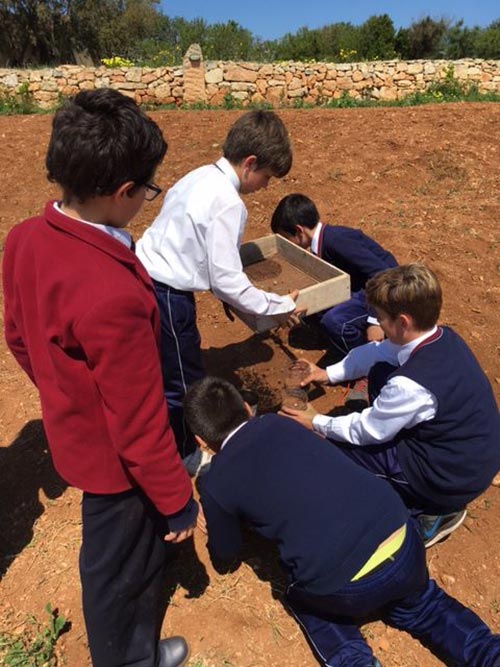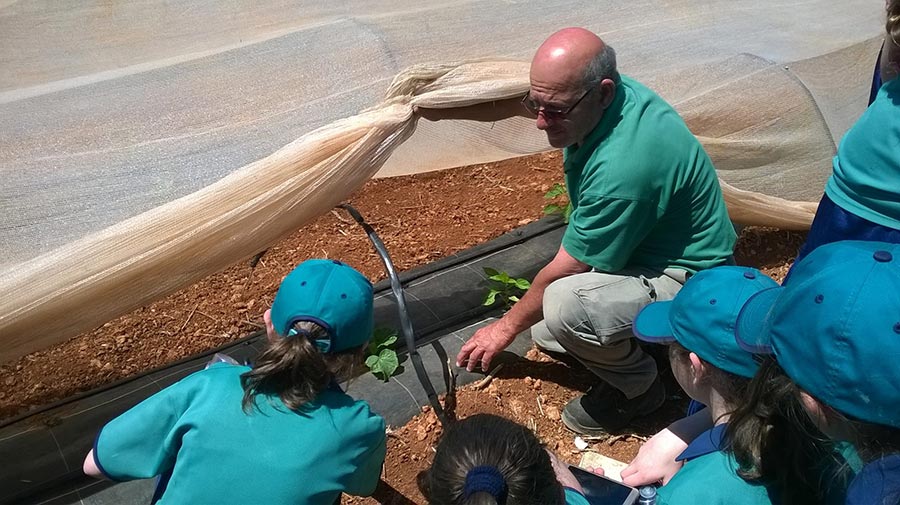Changing our attitudes and behaviour is not easy, especially when the results of the effort may only be seen years from now. Issues like sustainability require action at different levels within individual, community, and international spheres. Local NGO Kopin provides a hybrid approach, and suggests ways of breaking this down into bite-sized action.
August 2nd 2017 marked the day humans used up the natural resources our planet is able to generate in one year. Over the past few years, this date has moved earlier into the year at an alarming rate.
Environmental sustainability has become a pressing topic the world over. In December 2015 world leaders gathered in Paris for the Conference of the Parties, where they signed an agreement on the carbon emission reduction. Despite criticism about its lack of concrete mechanisms binding stakeholders to uphold targets, over 150 countries have signed up and presented their plans to keep global temperature change below a two-degree Celsius rise, a rise that would devastate our ecosystem and put life on earth in jeopardy.
Malta is involved in the Paris Agreement. Despite this process, the country’s environmental issues seem to be piling up: severe water scarcity, denser urbanisation, overfishing, unexpected shifts in temperatures, and extreme weather episodes. A dichotomy has emerged on the islands. While on the one hand, people are increasingly concerned with the effect that climate change might have on their health and quality of life, many also still believe that the well-being of a society is measured by short-term economic income.
Many organisations are acting on this viewpoint. All of them are advocating for more sustainable development of the Maltese Islands: from the promotion of land and marine conservation, to the active opposition of green area development. The reappropriation of Manoel Island’s open spaces and shore was a recent success thanks to the fruitful collaboration of activists such as Kamp Emerġenza Ambjent amongst others, citizens, and the Gzira Local Council.
Each one of us has the duty to improve our quality of life. For the last decade, Kopin has been working in Malta to raise awareness about the different issues linked to sustainable development, not only from an environmental point of view, but also by highlighting the impact that an unsustainable world has on citizens’ rights.
Education is a key area for Kopin. Through EAThink—eat local, think global! we are reaching out to students and teachers in schools, to promote the idea that achieving sustainable development starts from the early years of education. The provision of teaching materials, promotion of organic school gardens, and organisation of educational visits to smallholder farmers should bring a better understanding of the effects that everyday food choices have on life on earth. Children involved in the project activities are now aware of the amount of energy needed to produce food or to import certain products from abroad, and they are also aware of the amount of food and water wasted every year in Malta and Europe.


But while schools are an excellent portal into young people’s lives, Kopin also strives to connect with older members of the community and empower them to drive change. Over the past two years Kopin has been promoting an economy that shifts profits from one’s pockets to the promotion of social causes. Susy—Sustainable and Solidarity Economy has mapped sustainable businesses in Malta and put them in touch with each other, enabling them to work together and better advocate their causes. The project is also promoting these initiatives through film thanks to a collaboration with the Valletta Film Festival. With these stories, we can show that the status quo can evolve and things can be done differently. Later this year, in October, we are inviting all socially-conscious enterprises in Malta to a public event in Birgu to meet citizens, share their ideas about alternatives to mainstream consumerism, and inspire new entrepreneurs.
Much of what needs to be done to alter the path we are on requires a collective effort that includes the private sector. Changing light bulbs and buying local is not enough. Individuals cannot compensate for politicians’ and the corporate sector’s responsibilities. It is through a legal framework that the necessary green policies, such as a shift in fossil fuels and the provision of working wages, can be implemented. The exploitative system that places the burden on the individual has to be dismantled and replaced with an economic system that provides viable, environmental options for everyone.
We need to stop thinking exclusively like individuals and develop social collaboration that delivers true solidarity.




Comments are closed for this article!